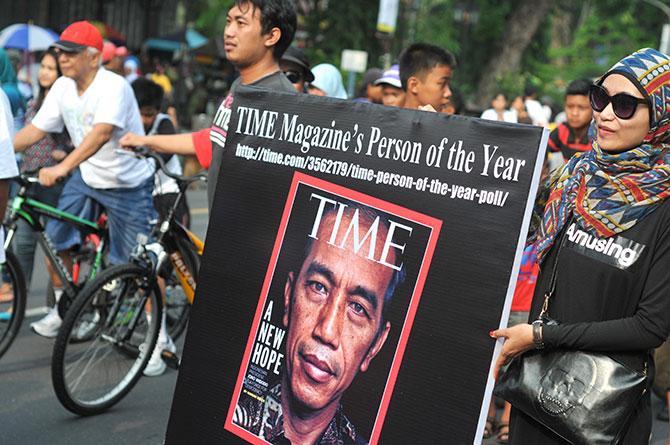
This essay discusses the current situation of Indonesia’s trade policy coordination and policy consultation, and the accompanying problems. The authors argue that there is a transparency issue due to an unclear reporting and authority mechanism under the current system. In this regard, the Indonesian government risks conducting ineffective, inefficient and unpredictable policy processes. This essay also provides an alternative option to the current Indonesian governance structure by exploring the multi-stakeholder policy process of Switzerland’s financial policy sector. The Swiss example gives a detailed overview of how the Swiss government has organized mechanisms of interministerial policy coordination and consultation with external stakeholders, in order to cope with the many external and internal changes of the financial sector, which is of great importance to the Swiss economy.
Case examples
A study by Arfani and Winanti (2014) showed Indonesia as having successfully diversified its natural resource development into the tradable manufacturing sector. The study argued that Indonesia’s next challenge was to further diversify its exported commodities, notably by moving up the value chain in established sectors of activity. By focusing on three broad industry categories – the mining industry (with specific reference to coal and copper); the oil and gas industry; and the plantation industry (with specific reference to palm oil, rubber and paper-related industries) – the study emphasized that Indonesia’s trade is characterized predominantly by the export of natural resources and raw materials, which use little foreign value-added content.
In other words, the domestic value-added content of Indonesia’s exports is still high. Given the current context, Indonesia faces the challenge of upgrading within established value chains or diversifying into new value chains. Facing this challenge requires sound interministerial policy coordination and government policy consultation, with stakeholders including business and civil society.
A clear example of how interministerial policy coordination is crucial comes from derivative regulations on domestic market obligations and export restrictions on the mining industry, which were designed in line with the government’s downstream strategic plan to generate more domestic value-added activities. On the one hand, these policies may have constructive implications for Indonesia’s wider energy sector sustainability and electrical power supply needs, as they increase the possibility of initiating a functional, intersectoral upgrade of the coal industry, thereby releasing it from lower value-added production and processing (Arfani and Winanti, 2014). On the other hand, achieving targeted policy goals also depends on the Indonesian government’s plans to further encourage investment in domestic smelters.
In the case of the oil and gas industry, the promulgation of a 2001 law has offered a new perspective on the sector and the dimensions to upgrade, diversify and introduce other value-addition activities within the sector. Significant changes introduced by this law relate particularly to business and commercial relations between state-owned enterprises such as Pertamina, the national oil and gas company, and multinational corporations operating in Indonesia.
Inadequate and uncoordinated horizontal policies within the plantation industry have resulted in severe structural problems. The palm oil sector has long been hampered by constraints arising from issues such as forest destruction, environmental degradation, land use, land pricing and the tenure system, low wages, industrial practices and other social and environmental problems. The industry also has been characterized by disputes and discordant relations among smallholder producers, large producers and surrounding communities. Dealing with this issue clearly requires rigorous interministerial policy coordination and government policy consultation with stakeholders, including businesses and civil society (Arfani and Winanti, 2014).







 resized.png)
